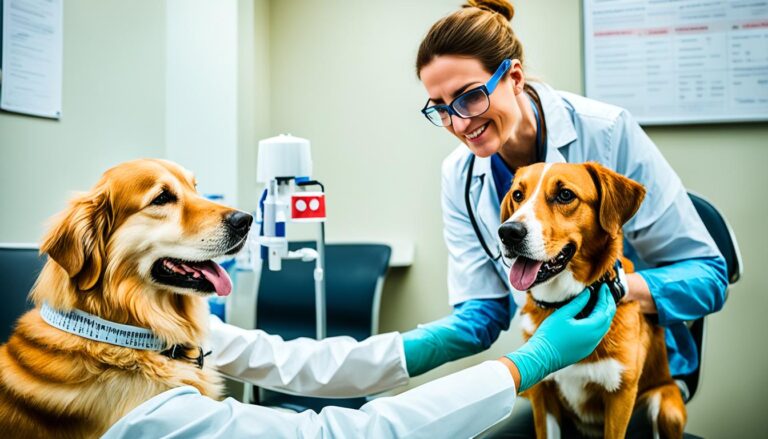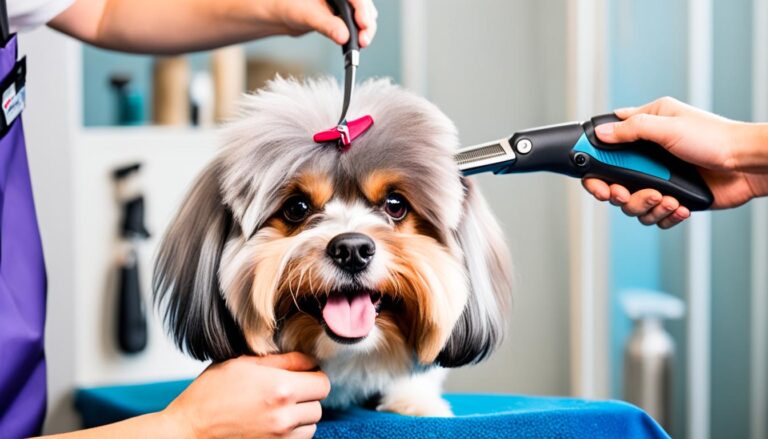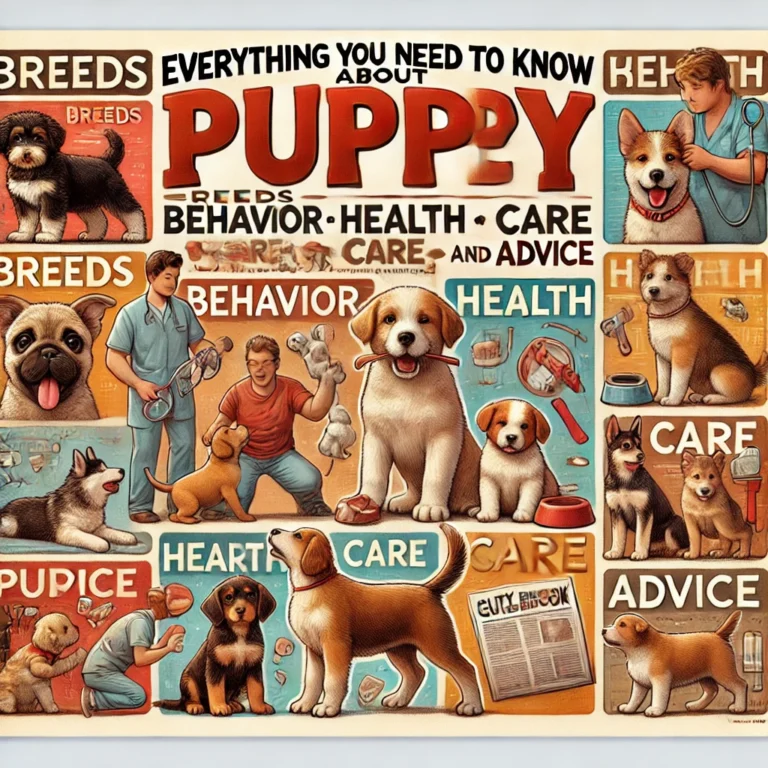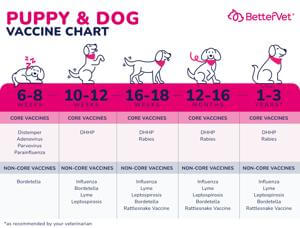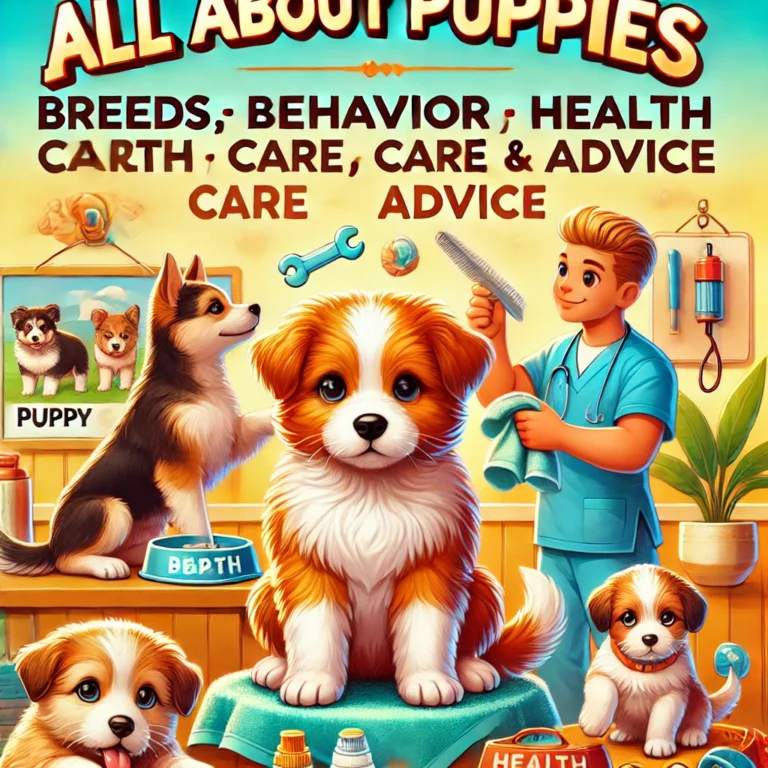How To Care Of Puppy 2 Weeks Old
In the first two weeks, a puppy is very vulnerable1. Keeping the right temperature and watching their weight is key. They depend a lot on their mom for care and food2. Newborn puppies sleep and eat a lot, growing and getting stronger.
As they grow, we see big changes1. Their eyes open between 10 to 16 days old, and ears open around 12 to 14 days old3. By the third week, they start to explore and play more, showing they’re ready to wean.
They hit important milestones, like walking at 18 to 21 days old1. They also start to go to the bathroom on their own around three to four weeks old2. This shows they’re getting more independent.
Key Takeaways
- Proper temperature control and consistent weight gain are crucial for newborn puppies
- Puppies’ eyes and ears open in the first two weeks of life
- Puppies start exploring their world and playing by the third week
- Puppies begin walking and gaining independence around 3-4 weeks old
- Puppies develop the ability to urinate and defecate on their own by 3-4 weeks
Newborn Puppy Care and Development
Caring for newborn puppies means watching their temperature and weight closely. It’s key to keep them warm, either with their mom or a heat lamp4. These little ones sleep a lot, about 90%, and eat just 10% of the time5. This shows how important a steady, warm place is for them. In the first week, they’ll almost double their birth weight, showing how fast they grow and need the right food.
Temperature Control and Weight Gain
As they grow in the first two weeks, keeping an eye on their weight and temperature is crucial for their health5. Weighing them every day helps make sure they’re gaining weight right, doubling their birth weight in a week is good news4. They need to eat a lot, up to 6-8 times a day, to keep up with their energy and growth.
Helping Puppies Gain Strength and Mobility
6 In the first three weeks, their senses like eyes, ears, and nose won’t fully work until week three6. But, touching them helps make them stronger and less stressed6. It’s important to slowly introduce them to things they’ll see and feel in life to avoid surprises later6. By week four, they can walk and start playing with siblings, learning how not to bite too hard.
5 The right food from mom helps them get strong and move around better4. By day 5, they start crawling, and by days 17 to 21, they can go pee and poop on their own, showing they’re getting more independent.

“Tactile stimulation is important and can help puppies become more resistant to stress.”6
| Key Milestones | Timeline |
|---|---|
| Puppies start crawling | Day 54 |
| Puppies develop ability to pee and poop without assistance | Days 17-214 |
| Puppies start exploring surroundings | Days 14-214 |
| Puppies begin to interact with littermates and wag their tails | Days 17-214 |
| Puppies start weaning and have body temperature rise | Day 214 |
| Puppies should be eating soft food, have baby teeth, and receive first vaccinations | Day 284 |
Puppy 2 Weeks Old: Milestones and Changes
At 2 weeks old, your puppy is going through big changes. Their eyes were closed for the first 10-14 days, but now they start to open. This marks the beginning of their visual exploration of the world.
Most puppies open their eyes between 2-4 weeks old7. This signals the start of their visual journey.
Opening Eyes and Developing Senses
Now that their eyes are open, puppies will slowly get better at seeing. But their vision is still a bit blurry. They can only crawl slowly at this age7. Their hearing is getting sharper, and by 2.5-3 weeks, they can hear sounds clearly. They can also talk to their mom and siblings.
As their senses improve, puppies become more aware of their world. They start to learn from their mother and siblings. This is important for their future social skills and exploration.
Learning to Walk and Vocalize
In the second week, puppies can support their own weight and start walking7. They move in a wobbly way. Their ability to make sounds also grows. They go from small cries to yelps, whines, and tiny barks.
This period of fast growth and learning is important for your puppy’s future. By understanding and supporting their milestones, you can help them grow into a healthy and well-rounded pup.
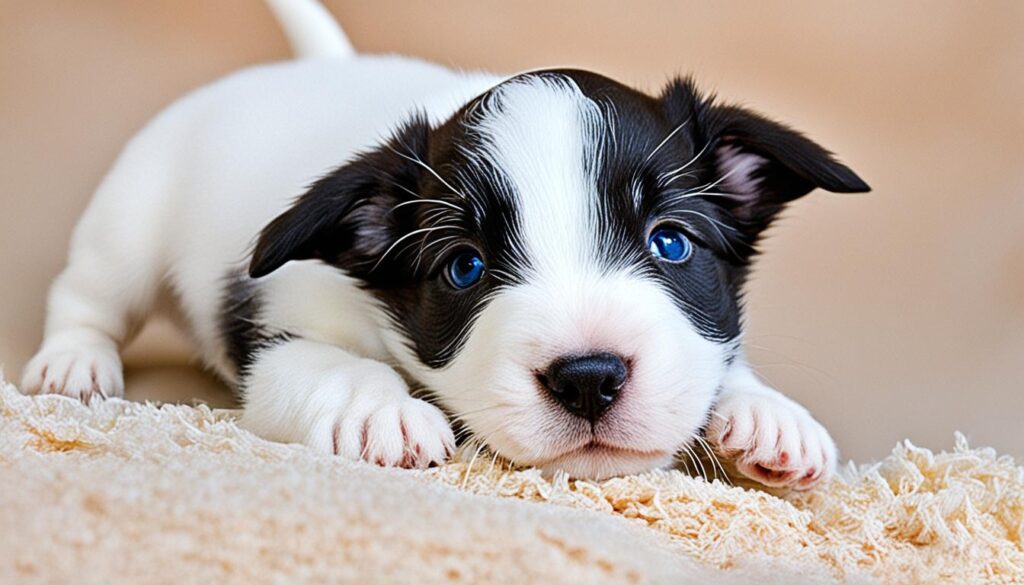
The First Crucial Weeks: Mother’s Care and Weaning
In the early weeks, puppies depend fully on their mother for food, warmth, and stimulation8. By 3 weeks old, they start to try solid food8. Their mothers keep producing milk until they are about 10 weeks old8. Weaning usually happens between 7 to 10 weeks, helping them switch from milk to solid food8.
As puppies grow less dependent, their mothers start weaning them. This period, from 5 to 14 weeks, is key for socializing them8. Puppies taken from their litter too soon might face issues like fear, aggression, and anxiety8. Experts suggest waiting until at least 8 weeks before taking puppies home8. For tiny breeds, it’s safer to keep them with their litter until they’re 12 weeks old8.
The mother dog is crucial in these early weeks. She ensures her puppies get the care and food they need. This helps them smoothly move to solid food and grow well socially.
Socializing and Introducing New Experiences
Between 4-7 weeks, our puppies grow and learn best. They stay with their mother and siblings but can meet new people and things9. This early time is key for building their confidence and getting ready for life10.
The first three months are vital for our puppies’ growth and social skills9. By 3 weeks, they might even come close to someone watching them11. We should increase their social time by 4 weeks to help them learn more about the world10. Experts say by 5 weeks, they should meet about 100 new people10.
Behavioral issues, not diseases, often lead to death in young dogs119. So, socializing them well is key. We give them positive experiences and slowly introduce new things to help them grow into confident friends. Remember, they’re more at risk of getting sick before 16 weeks, making socialization even more important9.



